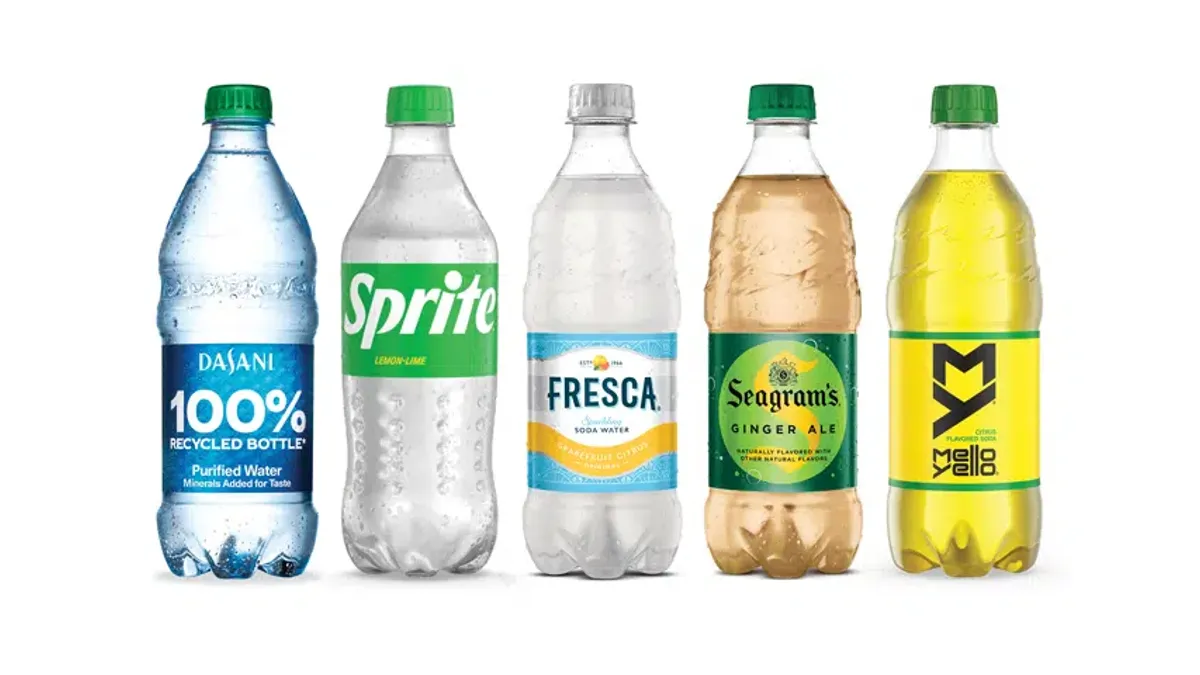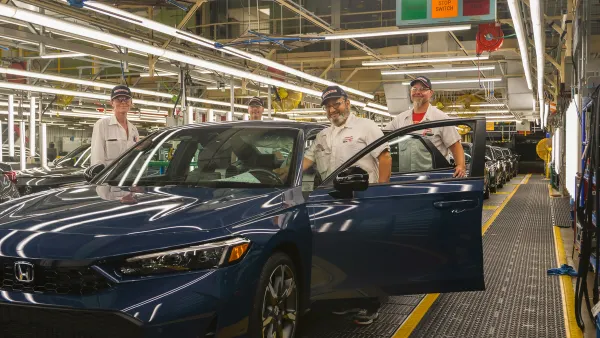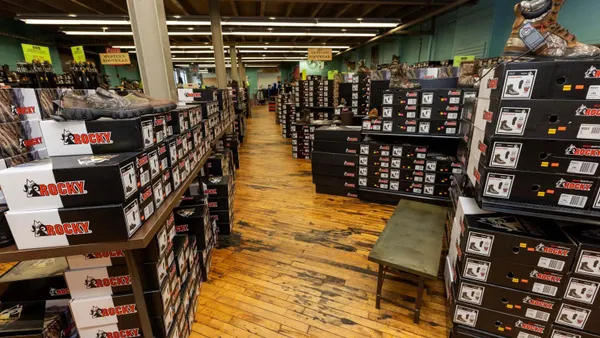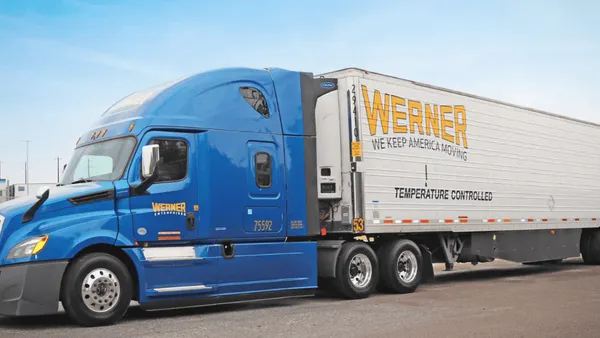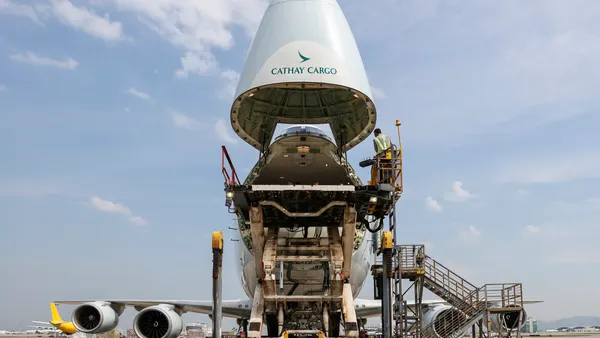Dive Brief:
- Coca-Cola is switching Sprite bottles from green to clear PET plastic in North America, which the company said will increase their likelihood of being recycled into new beverage bottles. The transition will begin this month. Other brands packaged in green plastic bottles — including Fresca, Mello Yello and Seagram’s ginger ale — will shift to clear plastic in the coming months.
- The company is also transitioning a majority of Dasani water bottles in North America to 100% recycled PET (rPET) plastic. Coca-Cola said the shift would save over 20 million pounds of virgin plastic compared to 2019, and cut more than 25,000 metric tons of greenhouse gas emissions in 2023.
- As Coca-Cola and other beverage makers work to create a circular plastic packaging economy, in which all materials are reused or composted, they are seeking ways to boost availability of food-grade rPET.
Dive Insight:
Beverage companies are struggling to meet their sustainable packaging goals, hindered by the simple fact that there is not currently enough recycled plastic in circulation to create new bottles.
The move to transition from green plastic is intended to increase the amount of recycled plastic that can be used for food packaging, Coca-Cola said in its press release announcing the new bottles. The company said that green and other colored plastics are often remade into single-use items like clothing and carpeting that cannot be recycled into new PET bottles.
Chris Vallette, senior vice president of technical innovation and stewardship for Coca-Cola, said the beverage giant is working to combat the rPET supply issue by building a pipeline of high-quality plastic. To do so, it is working with partners and communities to increase recycling among consumers, and securing enough rPET to be reused for its bottles, he said.
The two sustainable packaging shifts for Sprite and Dasani will help this effort. “Sprite’s move to clear will help us introduce more 100% rPET bottles like Dasani is launching and keep more bottles in the circular economy,” Vallette said. Coca-Cola aims to make 100% of its packaging recyclable by 2025.
Other beverage companies are also invested in increasing the supply of rPET. Last month, PepsiCo announced it was issuing its second green bond to support its Pep+ sustainability agenda. PepsiCo, one of the largest users of food-grade PET in the world, aims to use 50% recycled plastic in its packaging by 2030. It said the 10-year, $1.25 billion bond will help fund the use of recycled materials, enhance recycling infrastructure and boost recycling rates. PepsiCo had spent about $375 million of its first green bond on plastics and packaging, mainly through purchases of rPET in North America and Europe.
As part of its efforts, Coca-Cola Consolidated, the largest U.S. bottler for the beverage company, is working with plastic processing company R3cycle to implement bottle-to-bottle recycling in its 14-state territory.
“Taking colors out of bottles improves the quality of the recycled material,” R3cycle CEO Julian Ochoa said in a statement. “This transition will help increase availability of food-grade rPET. When recycled, clear PET Sprite bottles can be remade into bottles, helping drive a circular economy for plastic.”
The new clear Sprite bottle will also feature a revamped logo, packaging design and “Recycle Me” messaging.



